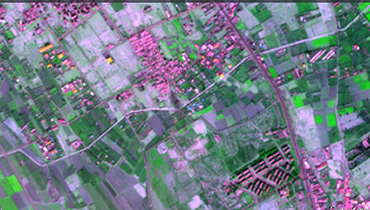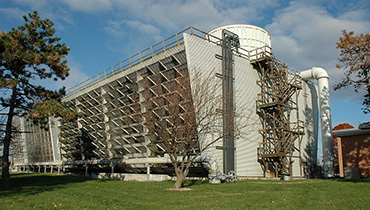Planning and Management Papers
2016 - Towards a transformational hydraulic engineering project for the territory: A focus on the Working With People (WWP) model
| Autores: | De Nicolás, VL |
| Título: | Towards a transformational hydraulic engineering project for the territory: A focus on the Working With People (WWP) model |
| Revista: | Land Use Policy |
| Volumen: | 54 |
| Páginas: | inicial: 246 final: 252 |
| Fecha: | 2016 |
| Lugar de Publicación: | United Kingdom. Elsevier |
| Enlace: | pinche aquí |
ABSTRACT
Hydraulic engineering projects have traditionally been carried out from a predominantly technical point of view, which on occasions ignores the needs of the territory in which they are based and the possibilities that water resources provide as a development factor.The implementation of projects that were not adequately suited to the needs of the environment and its population has led to many issues that have directly had an effect on their implementation and operation. As a result, one of the objectives in recent years has been to resolve these issues; with many authors turning to participative models linked to social theory in order to achieve this. However, they have been unable to agree on a model or outline the objectives that the project should seek to achieve. This article explores how the use of a planning model based on social learning and the develop “by” people and not “for” people principle, Working with People, in a water supply hydraulic engineering project (PANIATS), implemented originally from a purely technical perspective, is able to strengthen it, facilitate understanding amongst the population and generate new projects associated with the original project such as the agricultural transformation of 2089ha of irrigable land. All of this leads to the creation of social capital and development that makes the project a transformational factor within the territory.










